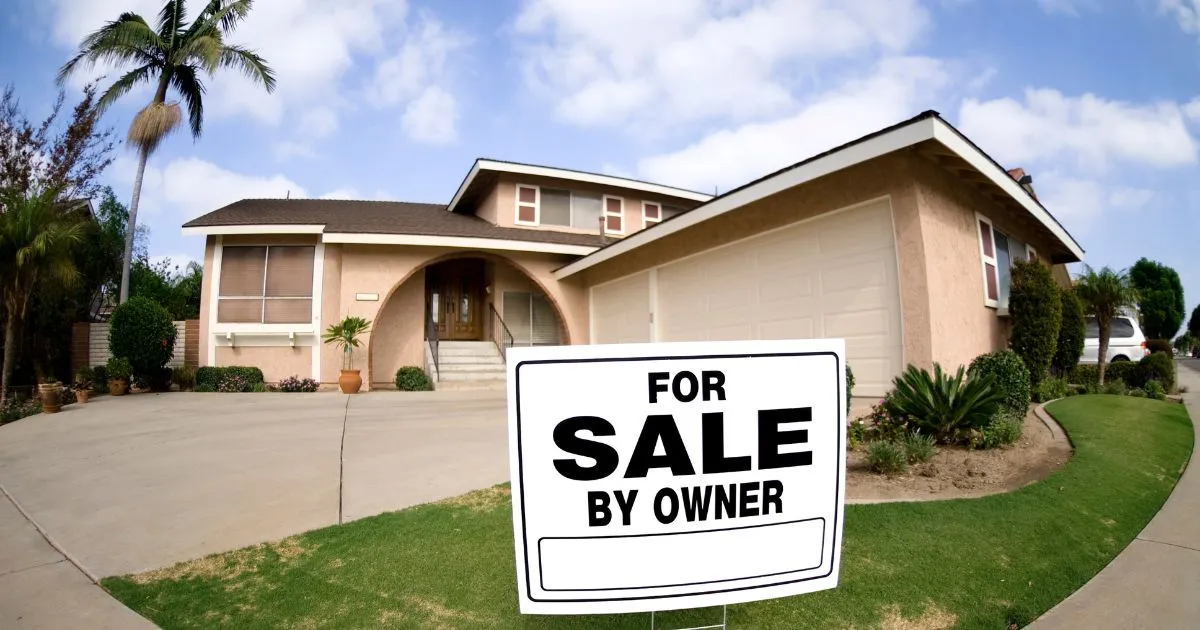Selling a home is a significant financial transaction that involves several risks. To safeguard your investment, it’s crucial to understand the importance of home sellers’ insurance. This article will probe the ins and outs of home seller’s insurance, its coverage, and how it can protect you during the selling process.
What is Home Sellers Insurance?
Home sellers insurance, also known as sellers coverage or home sellers protection, is a type of insurance policy designed to protect homeowners while selling their property. It offers coverage for various risks that may arise during the sale, ensuring a smooth and secure transaction.
Home sellers’ insurance provides a safety net for sellers by offering protection against liability and property damage. It covers accidents, injuries, and property-related incidents while the property is listed for sale. This insurance can provide peace of mind, enabling sellers to focus on showcasing their property to potential buyers.
There are different types of coverage available under home sellers’ insurance. These may include liability coverage, property damage coverage, and staging and personal property coverage. Understanding each of these coverage types is essential to protect your investment.
Understanding Your Coverage
A. Liability Coverage
Liability coverage is a crucial component of home sellers‘ insurance. It protects you from potential legal and financial liabilities in the event of accidents or injuries on your property during selling. For instance, if a prospective buyer slips and falls while touring your home, resulting in injury, liability coverage will help cover medical expenses and legal costs if a lawsuit is filed. It’s essential to ensure that your policy includes adequate liability coverage to protect your interests.
B. Property Damage Coverage
Property damage coverage safeguards you against unexpected damage to your property while on the market. This coverage helps cover the cost of repairs or replacements resulting from incidents such as natural disasters, vandalism, or accidents that may occur during showings or open houses. However, reviewing your policy to understand the coverage limits and exclusions is crucial, as certain events or damages may not be covered.
C. Staging and Personal Property Coverage
Staging and personal property coverage are designed to protect your belongings while your home is staged and showcased to potential buyers. It provides coverage for theft, damage, or loss of personal items during selling. Whether it’s valuable artwork, furniture, or decorative items used to enhance your home’s appeal, this coverage ensures that you’re protected if anything goes wrong.
Factors Affecting Coverage
A. Home Condition and Inspection
The condition of your home and its inspection report can significantly impact your insurance coverage. Insurance providers may consider factors such as the house’s age, the roof’s condition, electrical and plumbing systems, and overall structural integrity. It’s advisable to conduct a thorough home inspection before listing your property to identify any potential issues and make necessary repairs, which can help ensure smooth insurance coverage.
B. Location and Environmental Factors
The location of your home and environmental factors can also influence your insurance rates and coverage. Homes in areas prone to natural disasters such as floods, earthquakes, or hurricanes may require additional coverage or higher premiums. It’s crucial to understand the risks associated with your location and consult with your insurance agent to obtain the appropriate coverage for potential hazards specific to your area.
C. Prior Claims and Insurance History
Insurance companies often consider your prior claims history and insurance record when determining coverage and premiums. If you have a history of frequent claims or have previously been denied coverage, it may affect your ability to obtain comprehensive home sellers‘ insurance. Maintaining a good insurance history is essential. This involves timely payments, responsible claims management, and a proactive approach to risk mitigation. Demonstrating a reliable insurance history increases your chances of securing favorable coverage and premiums during the selling process.
Additional Tips for Protecting Your Investment
A. Documenting Your Property
Maintaining detailed documentation of your property’s condition is crucial to protect your investment. Take photographs or videos of each room, highlighting any valuable features or recent upgrades. Keep records of maintenance and repair work, including receipts and warranties. This documentation will serve as evidence of your property’s condition before listing it for sale, helping to resolve any potential disputes or claims arising during the selling process.
B. Adequate Insurance Coverage
Ensure that you have adequate insurance coverage that reflects the value of your property and its contents. As the selling process progresses and you make changes or upgrades to your home, periodically reassess your coverage needs. Consult with your insurance agent to determine if adjustments are necessary to adequately protect your investment.
Working with a Knowledgeable Insurance Agent
Navigating the complexities of home sellers’ insurance can be overwhelming. That’s why working with a knowledgeable and experienced insurance agent specializing in home sellers coverage is crucial. An agent can guide you through the process, assess your needs, and help you secure the right coverage. When selecting an insurance agent, ensure they have a solid reputation, good client reviews, and a thorough understanding of the real estate market. Ask questions about their experience with home sellers’ insurance and their ability to customize coverage based on your unique requirements.
Conclusion
Home sellers insurance protects homeowners during selling, safeguarding their investment from liability and property-related risks and understanding the coverage options, including liability coverage, property damage coverage, and staging and personal property coverage. Home condition, location, and insurance history can influence coverage and premiums. By documenting your property and maintaining adequate insurance coverage, you can protect your investment effectively. Working with a knowledgeable insurance agent further ensures you have the right coverage tailored to your needs.
When finding a reliable and experienced insurance agency specializing in home sellers’ insurance, look no further than Title Guarantee. With its extensive expertise and commitment to providing comprehensive coverage, Title Guarantee has established itself as a trusted partner for homeowners in protecting their investments during selling. Their team of knowledgeable agents understands the unique needs of home sellers and can guide you through the complexities of insurance coverage. Whether you require liability protection, property damage coverage, or staging and personal property coverage, Title Guarantee can offer personalized solutions that give you peace of mind. Choose Title Guarantee to ensure your investment is protected at every step.








